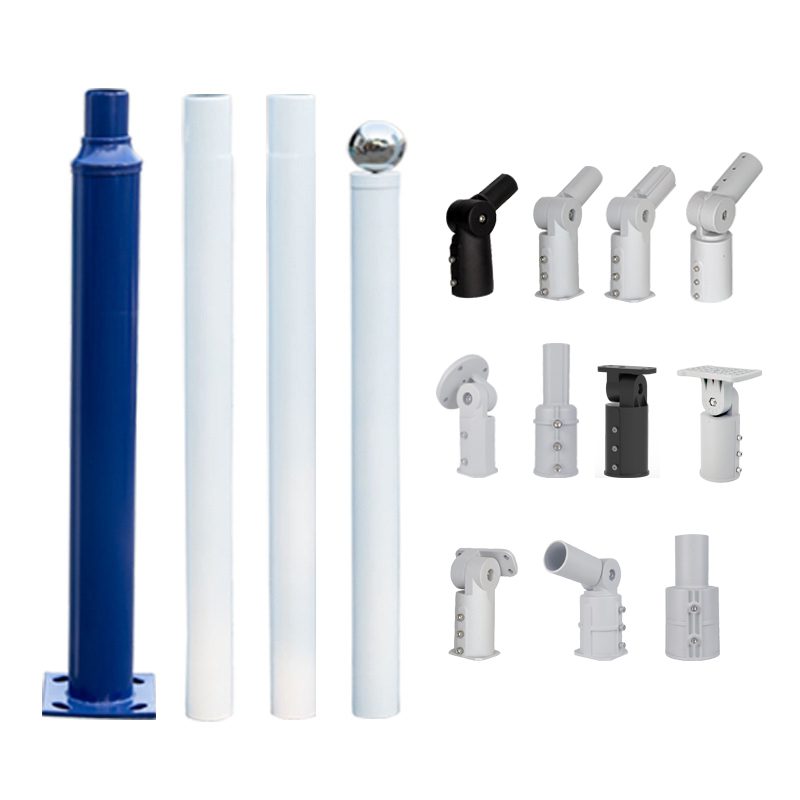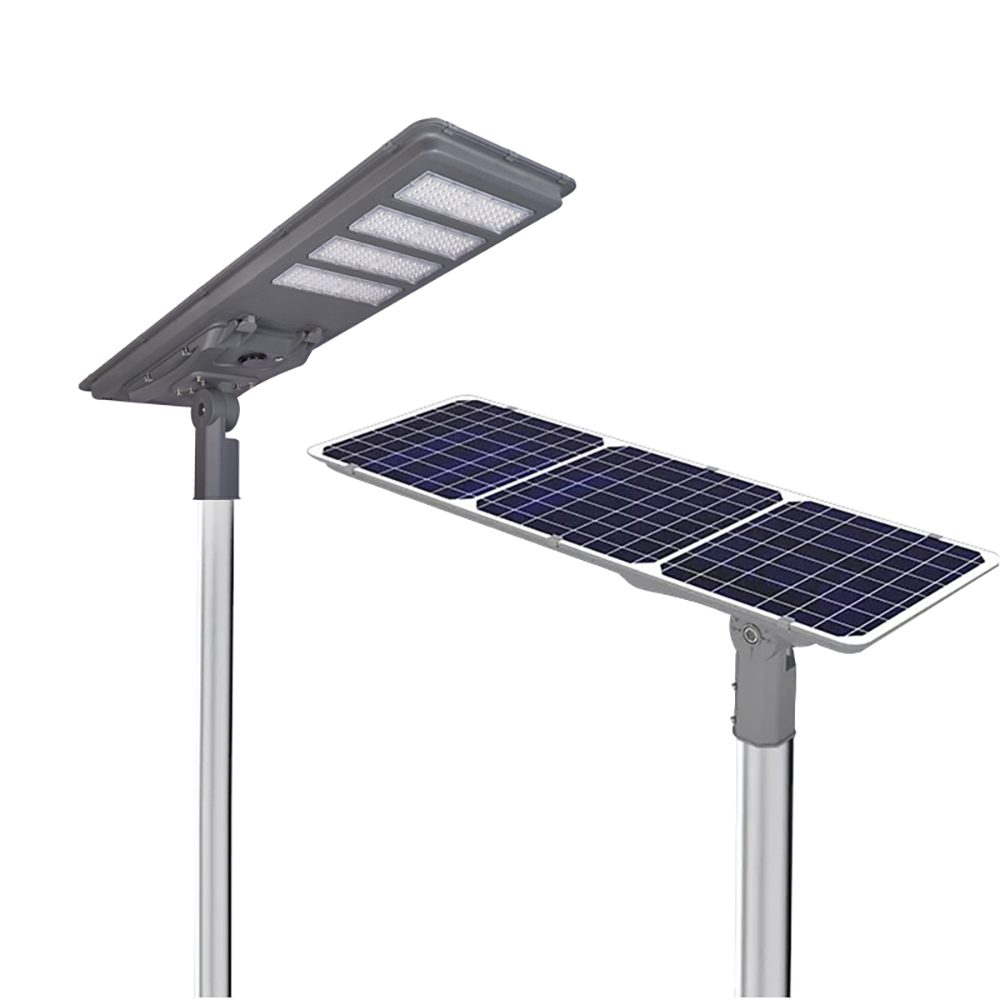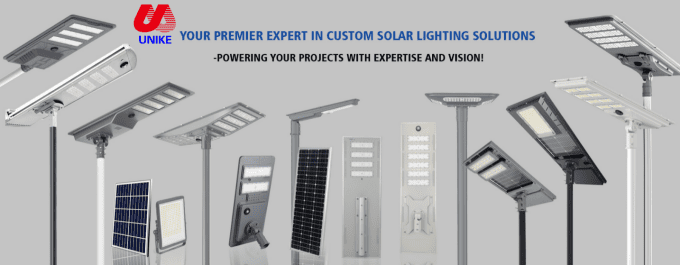When selecting LED outdoor lighting, certifications are critical factors that ensure product quality, safety, and environmental friendliness. For buyers, understanding and focusing on key certifications such as CE, RoHS, EMC, and IP65 can help them make informed choices. This article will detail the significance of these certifications and their importance in selecting LED outdoor lighting.
CE Certification
CE certification, short for “Conformité Européenne,” indicates that a product complies with European safety, health, and environmental standards. For LED outdoor lighting, CE certification ensures that products adhere to strict safety regulations during design and manufacturing. Products that have obtained CE certification can circulate freely in the European market, making CE certification an important mark of quality for buyers.
Benefits:
Enhanced Safety: CE certification ensures that products will not pose hazards to users during operation.
Market Access: A necessary condition for selling LED lights in EU countries, increasing the market competitiveness of the product.
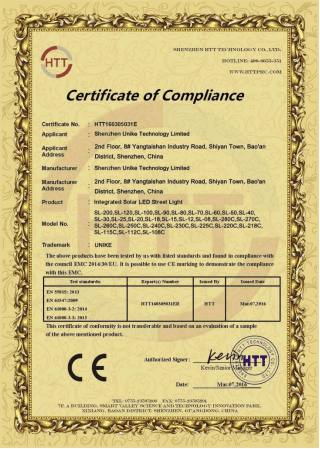
RoHS Certification
RoHS certification (Restriction of Hazardous Substances) aims to limit the use of certain hazardous substances in electronic and electrical equipment, such as lead, mercury, and cadmium. For LED outdoor lighting, RoHS certification ensures compliance with environmental standards, reducing potential threats to the environment and human health.
Benefits:
Environmental Protection: Choosing RoHS-certified products promotes green consumption and reduces environmental pollution.
Health Safeguarding: Lowering the use of harmful substances protects the health of consumers and workers.
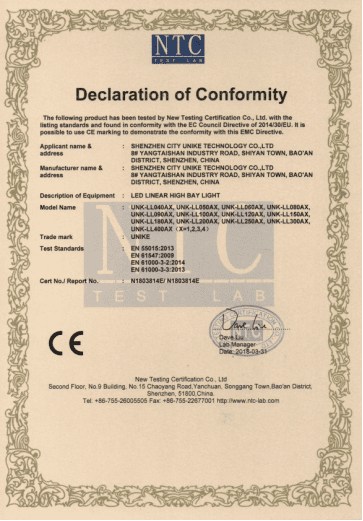
EMC Certification
EMC (Electromagnetic Compatibility) certification ensures that devices operate properly in electromagnetic environments and do not interfere with other devices. For LED outdoor lighting, EMC certification guarantees stable operation under various electromagnetic conditions.
Benefits:
Stability: Ensures products operate normally in complex electromagnetic environments, reducing failure rates.
Minimized Interference: Avoids electromagnetic interference with other electronic devices, improving overall system efficiency.
IP65 Certification
The IP (Ingress Protection) rating is an international standard established by the International Electrotechnical Commission (IEC) to evaluate a device’s protection against solid objects and liquids. IP65 indicates that a product is completely dust-tight and can withstand low-pressure water jets. This is particularly important for outdoor lighting, which needs to function correctly under various weather conditions.
Benefits:
Durability: IP65 certification ensures that lighting can be used normally in rainy and dusty environments, extending the product’s lifespan.
Safety: The waterproof and dustproof design reduces the risk of electrical failures, protecting user safety.
Recommendations for Selecting LED Outdoor Lighting
When choosing LED outdoor lighting, buyers should prioritize products that have CE, RoHS, EMC, and IP65 certifications. These certifications not only guarantee product safety and environmental friendliness but also enhance the durability and performance of the lighting. Additionally, consumers should consider the manufacturer’s reputation and after-sales service to ensure support during use.
In conclusion, understanding these key certifications can help buyers make more informed purchasing decisions, leading to the selection of high-quality, safe, and environmentally friendly LED outdoor lighting. By choosing products that meet these standards, consumers can enjoy a better user experience while contributing to environmental protection.

